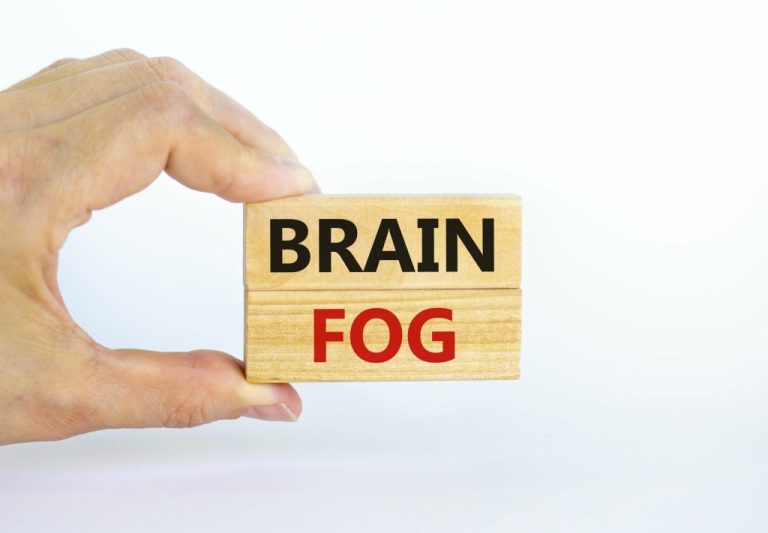Combined with treatment led by health care providers, mutual-support groups can offer a valuable added layer of support. Total abstinence from alcohol is not always the goal of an intervention or treatment process. Some people will be able to learn selective drinking behaviors and remove themselves from an alcohol abuse http://картину.рф/blog/13646/bentyl-without-prescription-ibs cycle. However, giving up alcohol for good and accepting a life of sobriety is the only way some people are able to move past addiction. For each person, a team of doctors and therapists will decide the best course of treatment and the desired outcome. That’s not to say interventions only involve positive motivations.
Research Treatment Options for Alcohol Addiction
- It sometimes includes a member of your loved one’s faith community or others who care about the person struggling with addiction.
- The Recovery Village Atlanta offers comprehensive addiction treatment for drug and alcohol addictions and co-occurring mental health conditions.
- An intervention can motivate someone to seek help for alcohol or drug misuse, compulsive eating, or other addictive behaviors.
- Also known as “alcohol counseling,” behavioral treatments involve working with a health care provider to identify and help change the behaviors that lead to alcohol problems.
- Professional counseling can help them manage problems that contribute to substance abuse.
Your support might be a starting point for them to decide to quit alcohol. If you believe it’s important to have someone involved but don’t trust them to attend the intervention, you could have them write a letter that can be read during the intervention. Interventions are frequently conducted without an intervention professional. You may want the intervention to occur in the interventionist’s office.

Get help for alcoholism today.
- Working with an addiction professional, such as a licensed alcohol and drug counselor, social worker, psychologist, psychiatrist, or interventionist, can help you organize an effective intervention.
- If you are concerned about a family member’s alcoholism, please call us for support and assistance to help you have an intervention.
- If you believe it’s important to have someone involved but don’t trust them to attend the intervention, you could have them write a letter that can be read during the intervention.
- The level of treatment should depend on the individual’s needs and can better be assessed by the professional throughout the intervention process.
In fact, waiting to intervene can cause more damage to a person’s overall health and wellness. If you’re not sure when your loved one drinks, consider holding the intervention first thing in the morning. Speak up when you first notice alcohol is causing trouble in their life. As with many other https://www.sitepack.net/what-you-need-to-understand-about-drugs-rehab/ conditions, early intervention and treatment can help your loved one get better faster. Be honest but don’t use the intervention as a place for hostile attacks. Have calm, reasonable responses for each reason your subject may give to avoid treatment or responsibility for their behavior.

Intervention For Alcoholism

It usually takes the concern and efforts of family and friends to encourage people to go to rehab. Recovery is a messy process that typically includes any number of starts, stops, http://algart.net/en/tikkun_ha_berit/secul_2.html and stall-outs. If an intervention is successful, the next step is to begin treatment. To support your loved one’s recovery, it’s vital to have those next steps in place.